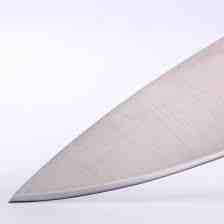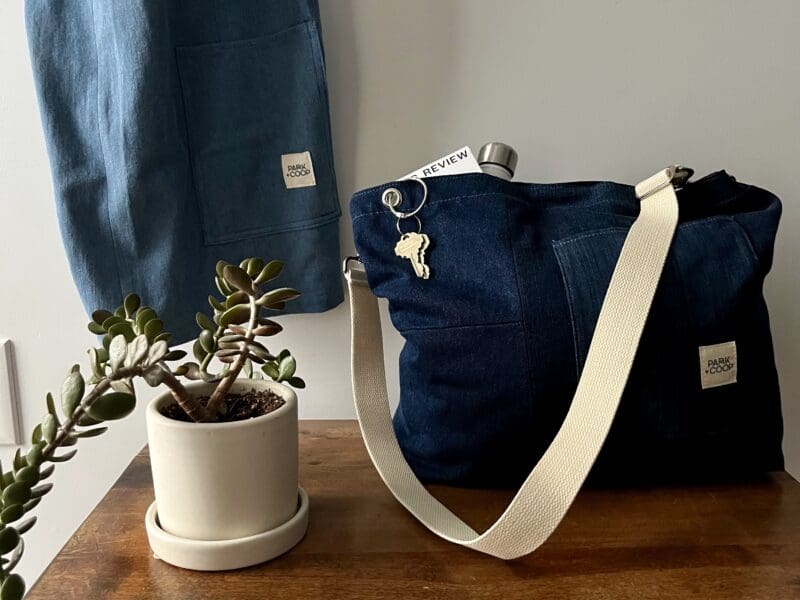
The Dangers That a Clogged Grease Trap Can Bring to You
Everything, including leftover food and even your furry friends’ litter, can increase the likelihood of damage to your plumbing system. These can lead to blockages and costly repairs if they are not taken care of.
Meanwhile, when fats, oils, or grease (FOG), reach natural water bodies, they can add to the further degradation of the environment. Grease management systems have to be put in place and maintained, but only if you have the right tools and knowledge.
Grease Traps
Grease traps, sometimes called grease interceptors, are receptacles that capture or “trap” fats, oils and grease so they don’t end up in the drainage system or in any natural water bodies. These are not recent inventions as grease traps have been around since the 19th century.

Types of Grease Traps
Different types of grease traps are used in both residential and commercial spaces, but three of them are the most common:
- Passive Hydro-mechanical Grease Traps
Because of the low initial cost involved, passive grease interceptors are often used in small businesses. These are usually made from plastic or stainless steel and come in a variety of sizes.
- Automatic Grease Traps
The automatic grease trap type is similar to the traditional passive model. However, it skims grease automatically based on how much FOG is collected in the receptacle. This grease trap is often expensive, but it makes up for it by being efficient and durable.

- Gravity Grease Traps
These are large grease interceptors and are difficult to install underground. They also need to be pumped out on a regular basis.
Risks of Clogged Grease Traps
Grease interceptors are designed to collect fats and oils that can damage your pipes. Neglecting to maintain them can lead to clogging and result in other major problems like the following.
- Drainage Overflow
It is vital that you pump out the grease trap regularly so this will continue to function properly. Failure to do so will result in either a slow drainage or an overflow that can make it difficult to maintain good sanitation conditions.
- Contamination
In commercial settings, a blocked grease trap can cause water and air contamination that could be hazardous for both customers and employees. Check your grease interceptor for any wastewater overflows that could contaminate your water source.
- Unwanted Odors
A clogged grease trap can emit toxic and foul-smelling fumes that can cause irritation and discomfort to the skin, airways, and eyes. If you smell something like decomposing food, call a plumber immediately to avoid getting exposed to various health dangers.
- Fires
Grease is extremely flammable and can set off a fire. Blocked grease traps can increase the likelihood of fire that can be difficult to control. Cleaning the traps eliminates grease from your kitchen and keeps it safe over the long-term.

- Repair Expenses
If grease interceptors are not regularly maintained, this can lead to costly plumbing repairs and damage. Sometimes you may even have to deal with more serious problems like fire damage and health department fines. Given this, it is worth spending money on maintaining a grease interceptor than replacing or repairing a clogged one.
How To Handle Blocked Grease Traps
Plumbers in Denver don’t recommend resorting to home remedies when fixing a clogged grease trap. They may seem effective, but they can only cause more damage, which will result in higher plumbing costs.
Professional services from trusted plumbing companies are the best options when it comes to cleaning grease interceptors. Thus, if you notice strong burnt odors, slow draining water, or trapped grease in the plumbing lines, a professional grease trap cleaning service might be in order.
Effective Grease Management System
After plumbers have unclogged your grease interceptor, it is time to prevent a re-clogging from taking place. To achieve this, do not flush cooking oil or fats down the toilet and keep track of how fast your grease trap gets filled up and plan a maintenance schedule based on that record.
Key Takeaway
Grease traps or grease interceptors come in different types, but regardless of your choice, they all have to be regularly inspected. Without professional maintenance, grease traps can end up getting clogged. When this happens, you will have to consider hiring the services of professional plumbers to remove the blockage. Otherwise, the chances of facing more serious problems like drainage overflow, air and water contamination, as well as expensive repairs become high.
Once your grease interceptor has been effectively declogged, the next course of action is to prevent future clogs from taking place. For this, you have to be mindful of the things that you throw down the drain. Another good preventive measure you can adopt is to create a record where you can monitor the rate of speed at which your grease trap gets filled up. Based on this, you can plan the appropriate maintenance schedule.







